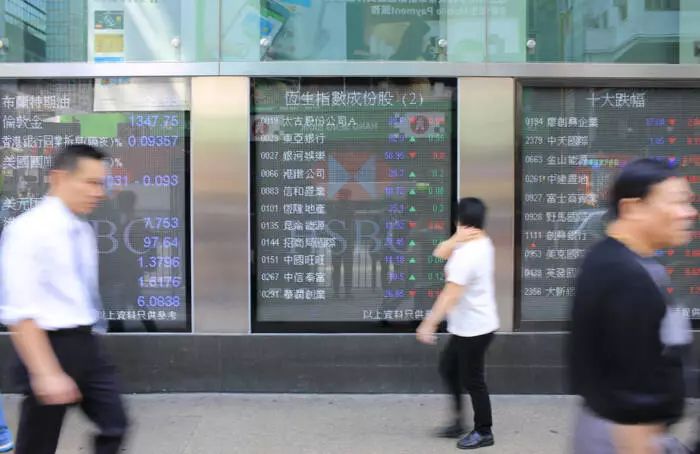The Hang Seng Index, a barometer of Hong Kong’s stock market, experienced a notable upswing, surging by 1.36% in Friday morning trading. This rally emerged despite a backdrop of declines in previous U.S. market sessions, showcasing a resilience that is becoming characteristic of the Asian markets. The driving force behind this optimistic shift can be traced primarily to increasing anticipation regarding potential stimulus measures from Beijing, underscoring the importance of government policy in influencing market performance.
Looking ahead to the upcoming Central Economic Work Conference, market participants are fixated on policy adjustments that Chinese President Xi Jinping and his economic team are expected to unveil for 2025. Pervasive concerns regarding the Chinese economy have prompted calls for strategies aimed at rejuvenating domestic consumption and stabilizing the beleaguered real estate sector. A collaborative response to tackle these enduring challenges could lead to enhanced investor sentiment across Hong Kong-listed stocks, particularly in sectors that have historically benefitted from governmental backing.
The recent gains in the Hang Seng Index were predominantly fueled by significant advancements in the technology and real estate sectors. Major players such as Alibaba and Tencent saw their shares rise by 1.53% and 1.24%, respectively, contributing to a 1.60% increase in the Hang Seng Tech Index. Additionally, the Hang Seng Mainland Properties Index reflected positive momentum with a gain of 1.96%. This sectoral performance highlights not only the immediate investor response to anticipated policies but also the growth potential seen in these industries as the government prepares for a renewed focus on economic revitalization.
The momentum was not confined to Hong Kong, as mainland China’s equity markets—embodied by the CSI 300 and the Shanghai Composite—also recorded increases of 1.42% and 1.05%, respectively. The interconnectedness of the markets suggests a broader sentiment of hope driven by restoring economic vitality. Investors are particularly optimistic that fresh stimulus endeavors will help cushion potential adversity from impending U.S. tariffs, allowing Chinese equities to gain traction in an uncertain environment.
Navigating the geopolitical landscape is crucial for market dynamics, especially in the context of U.S.-China relations. Recent comments from economic analysts indicate a shift in the tariff conversation, with fewer punitive measures anticipated for China than initially feared. While President Trump’s recent appointment of David Perdue as the U.S. ambassador to China might provide an avenue for improved communications, the situation remains fluid. With tariffs becoming increasingly targeted towards other nations, investors are cautiously optimistic that this pivot could alleviate some strains on the Chinese economy.
The convergence of robust domestic policies, sectoral strength, and evolving geopolitical frameworks presents a favorable landscape for the Hang Seng Index and other mainland indices. This resilience encapsulates a complex equilibrium between local economic signals and global trade dynamics.

